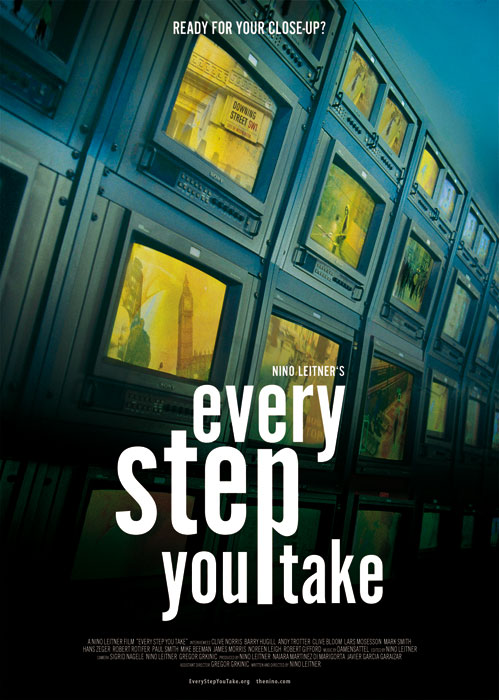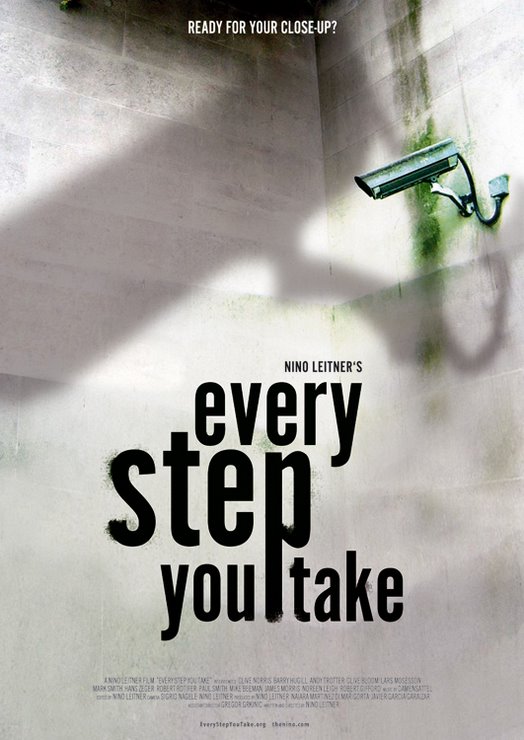Director's Statement
When I first set foot on the British islands for my student exchange semester in 2004, I immediately sensed that there was something strange going on. As they say, from a stranger’s perspective, one sees a country with very different eyes than its inhabitants do. People who live at a certain place or country for a long enough time tend to become blinded for many things due to the routine they develop – everything becomes usual to them. That was obviously the case with the massive amount of video surveillance cameras that are all over Britain. The British don’t seem to care, they don’t even seem to see them at all. However, we – a team of film students from Austria and Spain – immediately noticed the strange fact, and we asked ourselves: Why so many? They must be incredibly effective in whatever they are doing, since there are so many of them around. Or are there other reasons for their massive proliferation? Why doesn’t every country use them in case they are as effective in fighting crime as their omnipresence suggests?
As a consequence and in order to satisfy our interests, we decided to produce a documentary on the subject. In the course of the production we encountered that there was so much more to the topic that we were able to cover in the short amount of time that we had available. Nevertheless, we did manage to do a series of very interesting interviews with people that were the top experts in their fields – for instance, the surveillance researcher Clive Norris or the manager of a public British CCTV scheme. Consequently, we managed to make a decent documentary short, but I always felt it just wasn’t enough. There was just so much more to the topic that I deemed worth covering in the film.
During the following year, there were several incidents which reminded me of the importance of this documentary project: In early 2005, the Austrian government started installing public video surveillance cameras at particular “potential high-crime areas” all over the country for the first time. Several months later, the bomb terror attacks on the London Transport System occurred. Despite the fact that the fatal attacks on the fully video-surveillance-covered London Underground weren’t prevented with the help of CCTV monitors that are monitored around the clock, a further massive expansion of their video surveillance schemes was initialised.
It was this moment when I decided to definitely take on the project again as soon as possible. That moment had come when I had to decide on what to produce for my master graduation project. After months of research, I went back to Britain with a new team. We did a range of new interviews and shot lots of new background material on the topic.
This project would not have been possible with the support and professionalism of many people, all of which are included at the end of the credits roll. However, I have to thank my camerawoman Sigrid Nagele in particular, because she was there to support me when nobody else seemed to have the time. Furthermore, our tutor in Britain, Jenny Morgan, did far more than was expected of her, and her initiative was the final ignition spark that made me finish the project. Thank you all!
Nino Leitner







No comments:
Post a Comment